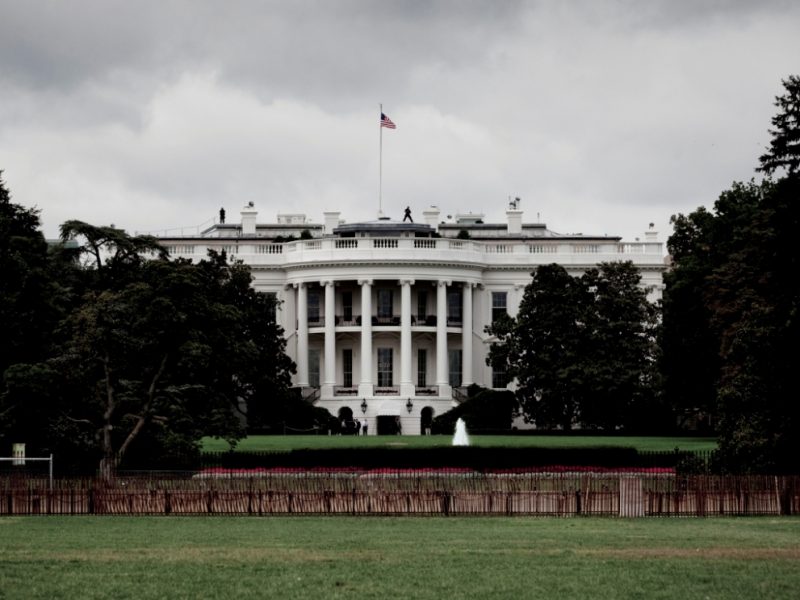
Not so long ago, Volkswagen claimed the top auto industry spot in Fortune’s annual World’s Most Admired Companies list. The Economist highlighted the Germany automaker’s global ascent in an article titled “VW Conquers the World.”
Now a scandal has put Volkswagen’s reputation in freefall. It comes at a time when Germany is in the world’s eye – leading the EU toward resolution of many issues, most notably the migrant crisis. VW is Germany’s largest employer and as iconic as Starbucks or Ford is in the United States. As far as scandals go, this is a massive one. It has damaged the opinion that many of us have had that the brand means something special—an opinion that extends back to the Beetle.
General Motors covered up faulty ignition switches for years — and they resulted in several deaths as well as 30 million recalls. But GM is back and selling lots of cars. Can Volkswagon recover?
We spend a lot of time observing best and worst practices in reputation rebuilding at companies large and small. Here are our top tips for VW’s beleaguered leadership.
- Follow Mary Barra’s lead. As CEO of General Motors, she has performed crisis management almost flawlessly. All CEOs can learn from her use of social media to communicate with consumers.
- Take a page from Toyota. We’ve written extensively about why and how the top car company has adeptly rebounded from multiple crises.
- Check out these apology playbooks from AOL, GM & Sony.
It’s worth taking a look at the tremendous shifts in reputation VW has experienced over the course of its 75-year history.
An Unlikely Origin
VW began as a state-supported operation in Nazi Germany. While Hitler heralded the Beetle as an affordable “people’s car” (in German, volkswagen), VW’s early years did not live up to that reputation. “Only 630 Beetles were made there during World War II—and distributed to the privileged,” according to Der Spiegel.
A Reputation Reborn
Demand for Beetles during the occupation kept VW alive following World War II, but there was little international interest. After looking at the company as a possible acquisition, the CEO of Ford, for instance, famously concluded that VW wasn’t “worth a damn.” But over the coming years Beetle’s popularity made it a symbol of West Germany’s “economic miracle,” and VW’s success was “one of postwar Europe’s most glittering economic achievements,” according to a Time magazine article from 1963. By that year it was the world’s third largest automaker, and less than a decade later the Beetle’s total production count eclipsed Henry Ford’s Model-T.
Transformation: from “Hitler’s car” to “Beetlemania”
Upon its initial introduction in the United States, VW’s reputation couldn’t escape the Nazi association. “I even tried calling the VW the ‘Victory Wagon’ to take the curse off it, but the press referred to it only as ‘Hitler’s car,’” said Dutch car dealer Ben Pon, who shipped the first Beetles stateside in the late 1940s. Soon, though, New York agency Doyle Dane Bernbach wiped away that stigma with a string of unforgettable advertising campaigns, including “Think Small,” Advertising Age’s top campaign of the century. By emphasizing VW’s impact on an owner’s reputation and image instead of the traditional touting of features, these campaigns were an innovative and influential development in the history of advertising.
Post-Beetle: less risk, but no more mania
When Beetlemania subsided, the void left by such a defining model threatened to undo VW’s reputational gains. Not wanting to repeat the same mistake, the company unveiled a more diverse series of models, including the Passat, Golf and Polo. VW acquired Audi in 1964, and those new models integrated the technology and luxury Audi was known for. They prevented VW’s image from flat-lining but ushered in an extended period of mixed results. Things began to look brighter by the turn of the new millennium, as Audi’s jump to the luxury class occupied by BMW and Mercedes-Benz gave VW’s reputation a boost in the same direction.
Poised for a boom
Reputation has played a major factor in VW’s more recent global endeavors. In many countries “it has been around long enough to be seen as a domestic firm, so protectionists usually leave it alone,” according to The Economist. Its longstanding reputation in China helped distinguish it from pack in the world’s largest auto market. “VW bet on China nearly 30 years ago,” The Economist noted. “A glut of cheap cars is hurting prices in China but VW’s premium models are doing well.”
Rebuilding its image will be crucial for VW’s future success. Only a few years ago, its crowdsourced “People’s Car Project” engaged China’s drivers, attracting 119,000 ideas and 33 million hits. Incorporating that kind of virtual strategy in the climb to regain its reputation might help VW recover…if it can.








